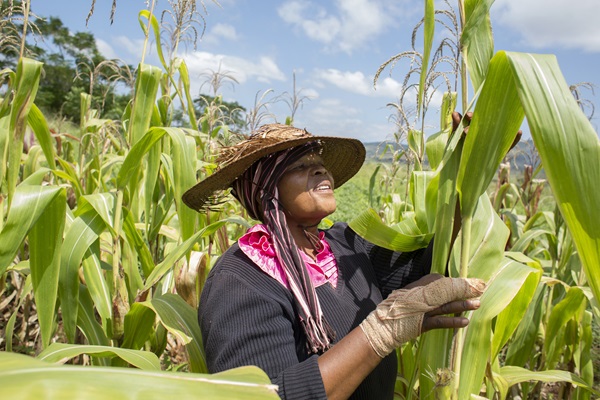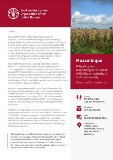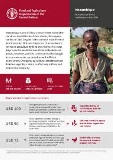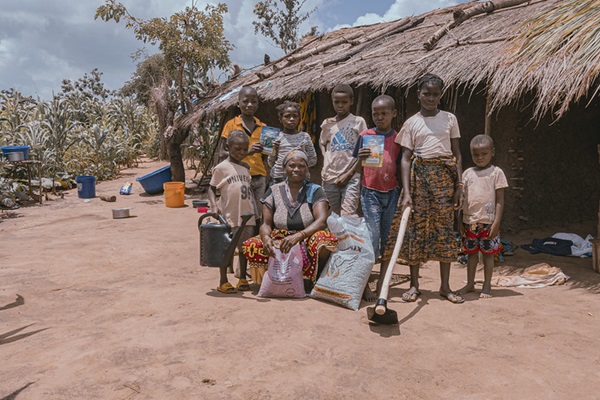Southern Africa
.jpg?sfvrsn=627b71e4_1)
News

News
FAO warns of maize shortfall across Southern Africa
24/04/2024
Recent weather trends associated with El Niño have decimated harvest prospects and point to rising prices and import needs

.tmb-th600x400.jpg?Culture=en&sfvrsn=9fbf2bd1_6)
News
FAO proposes five key actions to address climate-conflict nexus at the United Nations Security Council
14/02/2024
Deputy Director-General Beth Bechdol urges game-changing solutions to break the vicious loop between climate crisis, conflict and hunger
Publications

Publications
Mozambique: Urgent call for assistance
04/2024
The 2023–2024 El Niño is one of the five strongest on record, according to the World Meteorological Organization.

Publications
Resilience building in Zimbabwe: FAO Programme Review 2024
04/2024
FAO Zimbabwe is implementing diverse initiatives across the agriculture sector as a contribution to FAO’s Resilience Strategy Southern Africa.

Publications
Mozambique: Humanitarian Needs and Response Plan 2024
03/2024
Mozambique is one of Africa’s most climate-vulnerable countries. In addition to climate shocks, the ongoing conflict in Cabo Delgado is the country’s...
Multimedia
Video
From Honeycombs to Green Jobs: Empowering Zimbabwe's Rural Youth through Beekeeping
12/06/2023
The FAO's Green Jobs for Rural Youth Employment (GJ4RYE) project is transforming lives in Zimbabwe by creating green jobs, particularly in beekeeping.

Video
FAO Angola–The FFS Chitaka Model, a fast and smart model for sustainable food system transformation
11/01/2023
The Chitaka Model is an innovative Farmer Field Schools (FFS) tool, that implements smart agriculture with a socio-productive inclusive approach.
